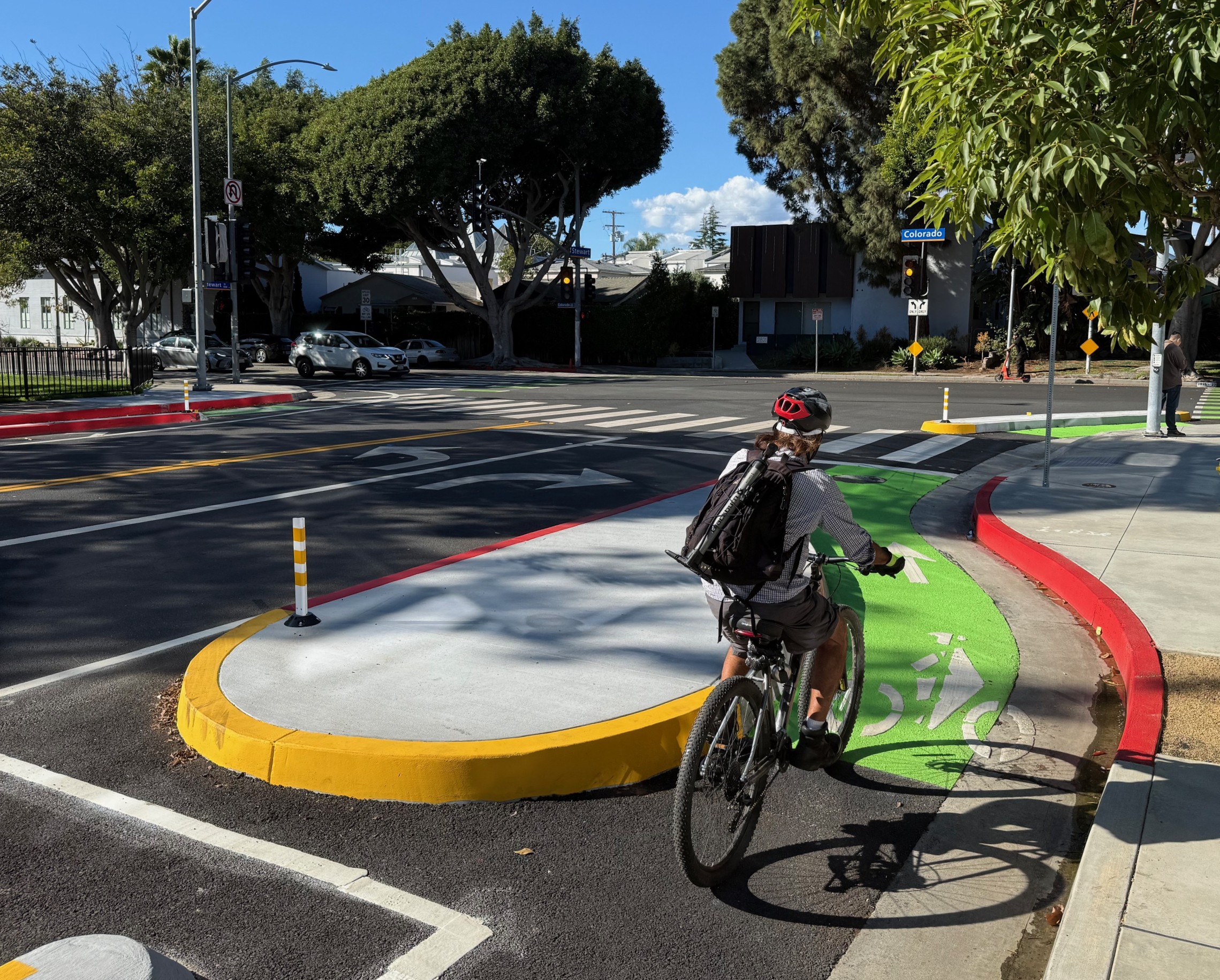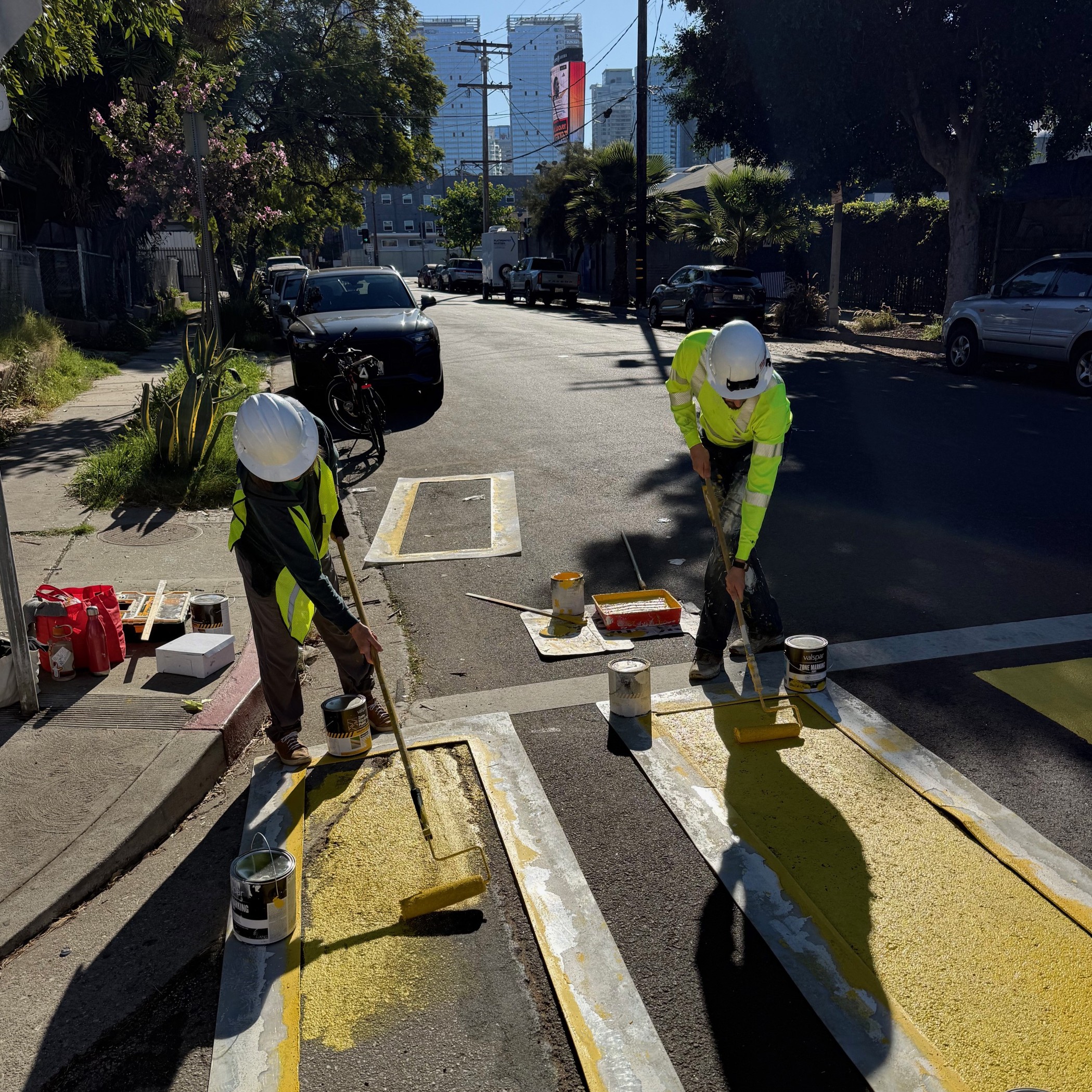You don't need to look too hard to find signs that the ground is shifting when it comes to highway construction. Around the country, state DOTs are running out of money. Headlines ask "Are Freeways Doomed?" Overall vehicle miles traveled are down in the Pacific Northwest.
But many state and regional transportation agencies continue to operate as if it were still the 1980s, when highway budgets were flush, gas was cheap and the destructive impacts of auto-centric planning were less well understood.
It's especially discouraging to see those old-fashioned attitudes prevailing in greater Portland, which enjoys a reputation as the country's most progressive transportation city. The fact that the $3-plus billion mega-bridge project known as the Columbia River Crossing remains a regional transportation priority is a testament to the pervasive grip of highway-building interests.
Just yesterday, this "highway boondoggle in disguise" passed another milestone when it was given environmental clearance from U.S. DOT, opening the way for land acquisition and construction. Transportation Secretary Ray LaHood announced yesterday that the project has been granted a "record of decision," a disappointing endorsement from an administration that has made "livability" a key issue.
Federal Transit Administrator Peter Rogoff even praised the project as a break from carbon-intensive traditions, saying, "This is the type of forward-leaning project that will greatly benefit the entire region well into the future."
It's true that the project does include a transit component. About $800 million will be spent on light rail through this corridor between Portland and suburban Vancouver, Washington. But project opponents like David Osborn, head of the community group Stop the CRC, point out that a much greater share of the money will be spent widening the highway to 10 lanes and adding a number of interchanges. This is fundamentally at odds with Portland's professed emphasis on environmental stewardship and sustainability, Osborn told Streetsblog in April.
"If we build transportation infrastructure that supports single-occupancy-vehicles, it will increase low-density sprawl," he said. "There's a tremendous amount of opposition to this project in the community."
Joe Cortright, a consultant with Impresa and one of the project's most vocal opponents, says he is disappointed but not surprised by the U.S. DOT announcement. "This has been clearly in the pipeline for some time," he said. "It reflects kind of the internal consensus of the state DOTs."
But he added that the federal government has yet to award the CRC any funding -- and the project plan assumes a $1.2 billion contribution from the federal government. Nor has either state DOT committed any money, he said. He added that legal challenges to the environmental impact statement were likely forthcoming.
So the fight certainly isn't over yet in Portland.







